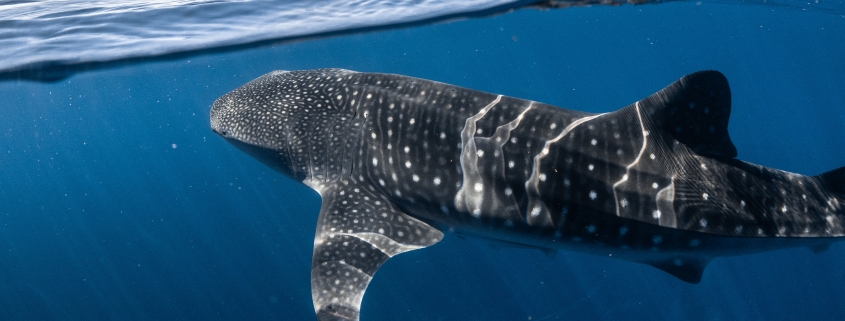A new blueprint for Western Australian marine research
A new report to guide Western Australia’s coastal research priorities and initiatives signals a renewed focus for statewide marine science.
The Western Australian Marine Science Institution (WAMSI) today launched the Blueprint Refresh 2022-2027, identifying opportunities for marine science to improve the sustainable use and management of WA’s coastal and estuarine marine environments.
Developed with advice from WA marine stakeholders, the result is a snapshot of the existing and emerging marine science needs of WA’s marine industries, managers, regulators and the wider community, shaped by changes and advances over the last five years to the marine landscape.
Promoting collaboration across all sectors, WAMSI has identified six major science themes and knowledge gaps to focus marine science investment and activities in Western Australia over the next five years.
WAMSI CEO Dr Luke Twomey said WA’s coastal and estuarine ecosystems were under increasing pressure from cumulative impacts associated with population growth, economic activity, and climate change.
“Strong direction backed by good science is needed to manage these pressures into the future,” Dr Twomey said.
“The Blueprint Refresh is a snapshot based on our collective knowledge, best available information and vision for Western Australian marine science and is aimed at better understanding the needs of the sectors that interact with WA’s marine environments.” Dr Luke Twomey, WAMSI CEO
“It provides the contemporary view to refresh the scientific knowledge required to head into the future and contribute to discussions that will drive change to strategy, practice, and policy across industry, government, and in the community.
Three focus areas emerged from the collective stakeholder input – Traditional Owner participation, accessible data and social engagement – that were considered central to the delivery of any marine science program.
“This Blueprint Refresh provides decision-makers and the community with a clearer understanding of the direction for future blue economic activity in Western Australia, which in-turn provides our marine scientists with the intelligence necessary to focus their future research endeavours,” Dr Twomey said.

